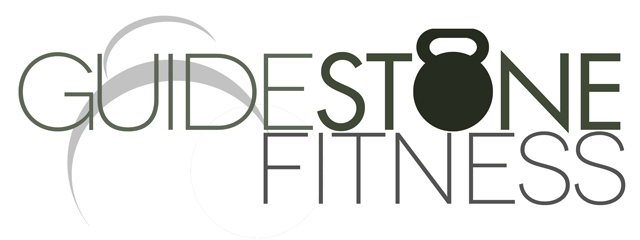Coming into the fall of 2011, I was in the best shape of my life. My weekly time trial speeds were high, I was setting weekly PR’s in various Olympic lifts, and my weight was lower than it had ever been.
Then it happened… I got sick. The kind of sick that makes you take some time off from exercise.
… but how? How could I take time when I was at the peak of my fitness and, up until getting sick, advancing at an amazing rate? How could I deal with this?
Everyone with some type of athletic or fitness goal has experienced a situation similar to mine, some worse, some at more important times. This is where learning to cope with what you’re given becomes extremely important. Here are a few things that I use to make sure that, even if I get fully derailed, I will eventually come back with the same fire and determination that got me where I was.
Be smart – I say this because too many people try to push through something far more serious than can be ignored. You and your doctor are the only people that can determine where that line is, but just be smart. If something happens (example would be a severe case of tendinitis) that puts you at a greater risk of injury, stay away from working that part of your body until you’re healed up. For muscle soreness, sure, but when it just doesn’t feel right, hair of the dog shouldn’t apply.
Stay focused – Keep your mind on your goal. Use meditation and focused thinking to envision yourself working toward, and achieving your goal as if you weren’t sick. Be detailed. Feel the weight, the road under your feet or tires, climbing the stairmaster. Use your downtime to research new to you exercises or nutritional ideas. Keep your mind on your goal so that you stay excited about achieving it.
Keep active – If your physical condition allows, focus on inhibition (foam roller) and stretching instead of strengthening. Not only can they make you feel better, but they will help you avoid injuries later. Maybe work on light stabilization and balance exercises to keep your joints well adjusted to tension and to help avoid some of the atrophy that occurs with being “layed up”, so to speak.
Keep your belief – When you were making great progress, you probably were believing in yourself and your capabilities. You believed that you could get better, stronger, faster, thinner. Don’t lose that – unexpected downtime is just a setback, not a game ending event. Believe that if it was there once, it will be there when you can resume your program.
Don’t Quit – Often when you’re sick and/or hurting, its easy to just give in. Its comforting and easy to go back on old habits. I mean, if you can’t exercise, why eat well? Why not smoke? Eating well may not make your fitness improve while you’re sick, but it can keep you from feeling sicker (sometimes even make you feel better) and can help with damage control while you’re less active than normal. Speak with your doctor or nutritionist on how to adjust your diet during this period of lower activity. Personally, because I try to eat enough to fuel my body fully, then use exercise to create the calorie deficit. I eat the same things I eat while training, but maybe slightly less of them. I’m not talking a huge change, here, just a little bit less. Now is not the time to lose weight, but it’s also not the time to put weight back on. Do not quit – illness and injury is most often temporary. Even if it isn’t temporary, there are always ways to modify what you’ve been doing.
Not quitting is probably one of the hardest things you’ll have to do, but if you can use some of the previous strategies to keep yourself on track then you’ve developed one vital component to what most people refer to as Mental Toughness.
